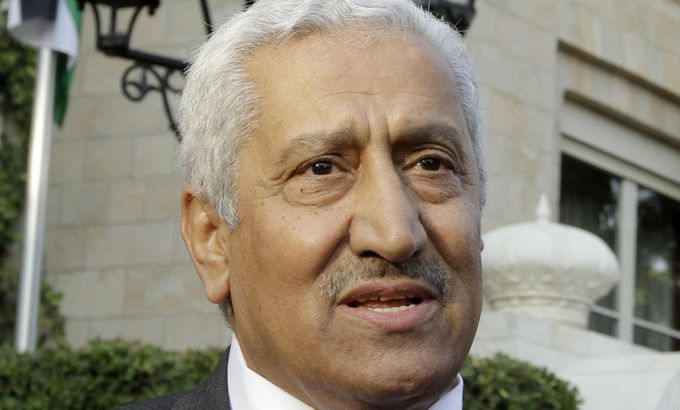
Abdullah Ensour: Jordan’s winds of change
The Jordanian prime minister discusses the future of politics in his country and the role of its king and opposition.
Will upcoming elections in Jordan change the country?
That is what the Jordanian government says will happen – not immediately, but longer-term. And in the end, it says, a stronger parliamentary system should take shape.
At the heart of it all is a new parliament, to be elected under a new election law. The new law and elections were announced by the king after unprecedented demonstrations on the heels of subsidy cuts the government said were needed to stave off a budget crisis.
But the demonstrations also reflected a longer running feeling of distrust and discontent. Many protesters were detained and there were allegations of torture.
But many in Jordan think the election laws are unfair and refuse to participate. Why are opposition groups boycotting the elections?
The new parliament will be a mixture of local and national representatives. The allotment of local candidates, however, does not take into account each district’s population density, thus causing a disproportionate representation.
Critics also say the new system is in effect rigged – to give local candidates over-representation at the expense of national candidates who might appeal to constituencies that are not limited to a particular geographic area, such as Jordanians of Palestinian descent.
The law gives national candidates 27 seats in the new parliament. They will sit side-by-side with 108 members who represent just local districts.
Criticism of this law has been especially fierce from leaders of the Muslim Brotherhood, and they say they will never gain a foothold in the new parliament to reflect their true support.
The challenges that Jordan is now facing are among the most serious the country has ever had to deal with. It is the job of the country’s prime minister to deal with those challenges and to lead the country through a transition to a new political era.
Abdullah Ensour was appointed in November by the king – the third prime minister in seven months. And even he says the election law needs to be fixed.
“This is democracy. I was in the opposition and I voted against the law but as the law was drafted and passed, it should be applied, we have no option. Nobody is stopping me [from changing the law] except it’s not possible legally to stop the elections because there are times and dates that are drafted by the law … Let’s go to the elections, let’s meet in the parliament and in the parliament we debate the law and if there is a majority then it will change. I personally will side with those who ask for more than one-man vote,” he says.
On this episode of Talk to Al Jazeera, we sit down with Abdullah Ensour, the prime minister of Jordan, to discuss the future of politics in his country, the role of the opposition and the role of the king.
 | Talk to Al Jazeera can be seen each week at the following times GMT: Saturday: 0430; Sunday: 0830, 1930; and Monday: 1430. |